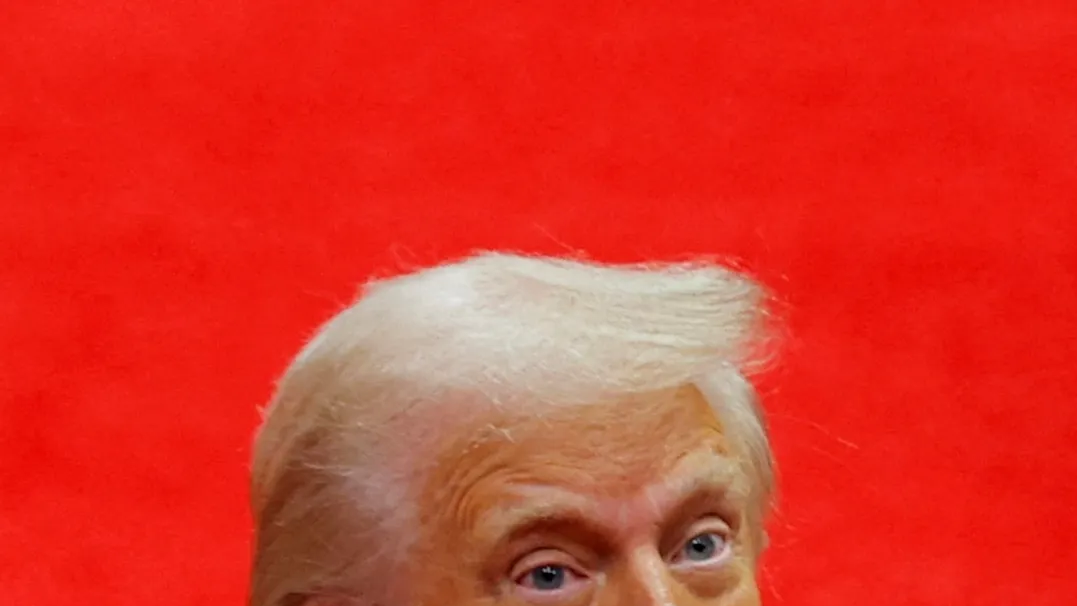President Donald Trump fulfilled a campaign promise on Monday when he revoked a series of executive orders signed into law by President Joe Biden which largely established a DEI (Diversity, equity and inclusion) framework across the federal government.
The rollback of DEI provisions was part of a flurry of actions that President Trump undertook on his first day in office to revoke Biden-era policies promoting equity and opportunity for diverse populations, including Native Americans, Hispanics, Black Americans and LGBTQ+.
In the introduction to his executive order, the Trump White House issued the following statement, “The injection of “diversity, equity, and inclusion” (DEI) into our institutions has corrupted them by replacing hard work, merit, and equality with a divisive and dangerous preferential hierarchy.”
As a follow-up, President Trump issued an executive order that targeted executive actions of previous administrations from as far back as the 1960s that promoted equal employment opportunity and diversity and inclusion in the federal workforce, among other guiding principles, which the White House referred to as “illegal discrimination.”
“These illegal DEI and DEIA policies also threaten the safety of American men, women, and children across the Nation by diminishing the importance of individual merit, aptitude, hard work, and determination when selecting people for jobs and services in key sectors of American society, including all levels of government, and the medical, aviation, and law-enforcement communities,” the order stated.
President Trump also mandated a return to the office for federal employees. In a directive to the “Heads of all departments and agencies in the executive branch of Government,” the presidential action stated they shall, as soon as practicable, “take all necessary steps to terminate remote work arrangements and require employees to return to work in-person at their respective duty stations on a full-time basis, provided that the department and agency heads shall make exemptions they deem necessary.”
The federal government employs more than 2 million civilians across the country, according to the Congressional Research Service, and California has the largest federal civilian workforce among the 50 states, with more than 147,000 employees as of March 2024.
What does DEI mean? When did it start?
Diversity, equity, and inclusion refer to organizational frameworks promoting “the fair treatment and full participation of all people,” particularly groups “historically underrepresented or subject to discrimination.”
In summary, DEI programs are intended to create a place where everyone is welcome, supported and has the resources to succeed regardless of identity, race or orientation.
In 2020 and 2021, diversity policies and programs rushed into existence amid the nation’s racial reckoning. But these aren’t new or radical ideas.
Affirmative action and equal employment laws were enacted in the middle of the 1960s, following the introduction of equal employment laws and affirmative action in workplaces, according to the Department of Labor. These laws also pushed companies to develop diversity training programs to help employees adapt to increasingly integrated office environments.
DEI hire meaning
A DEI hire refers to a person who was hired through a process that uses DEI principles. This process ensures that all candidates, regardless of their background, have an equal opportunity to compete for a job.
The phrase “DEI hire” has also become an insult, with some suggesting that someone was hired solely based on their demographic characteristics rather than their qualifications and experience.
DEI vs affirmative action. What\’s the difference?
Many people conflate DEI initiatives with affirmative action. But there is a difference: DEI initiatives aim to create an environment where all individuals, regardless of their background, feel valued, respected, and have equal access to opportunities, while affirmative action also focuses on remedying historical injustices through preferential treatment mandated by law.
Affirmative action was prohibited in California in 1996 when voters passed Proposition 209, 55% to 45%. That was affirmed in 2020 when Proposition 209, which would have repealed 209, was defeated by a bigger margin, 57% to 43%.
In early 2024, a proposed California constitutional amendment to permit some aspects of affirmative action was pulled from the November ballot, but the bill’s backer, Assemblymember Corey Jackson (Moreno Valley-D), said he was pledged to bring the proposal back for a future state election.
In January, a federal judge threw out a lawsuit challenging the University of California system’s requirement that applicants for faculty positions file diversity statements.
USA TODAY contributed to this report.



